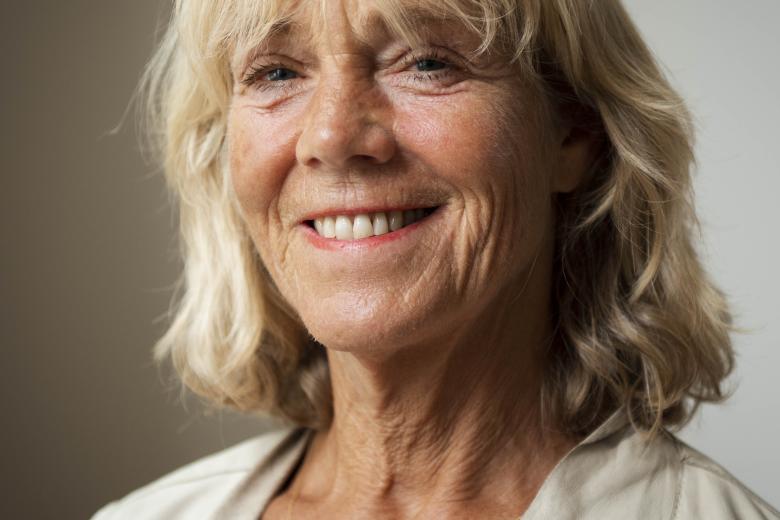Research and innovation in elderly care now spans the whole of Limburg
The successful partnership the Living Lab in Ageing & Long-Term Care is being expanded. Having been joined by care organisations De Zorggroep, Proteion and Stichting Land van Horne in north and central Limburg, the partnership now covers the entire province. Initiated by Maastricht University to promote improved and innovative care for the elderly, the living lab’s partners include home care organisations in Limburg, as well as more than 185 care homes, totalling around 50,000 clients and 27,000 members of staff.
Exchange
The living lab, which is an Academic Collaborative Centre on Care for Older People (ACC-OP), aims to realise new and improved care for the elderly through scientific research. It enables people working in the field to exchange policy, research and education, knowledge and experience, principally through job sharing: scientists from the university work in care organisations, and staff from the care organisations (nurses, paramedics and doctors) work in projects in both vocational and academic higher education. This has proven to be a successful formula to generate innovation in care for the elderly and has already yielded important results.
Better care for the elderly
A number of examples of innovations and research within the living lab:
- Elderly people with complex care needs who live nursing homes are increasingly obliged to relocate, and not always voluntarily. One of the main reasons is that a proportion of the buildings in the nursing home sector no longer meet current requirements and are in need of renovation. The living lab is coordinating a large-scale national study on the impact on older people of having to move from their familiar environment.
- The living lab is also conducting research on Dutch elderly care in the context of the corona crisis. Since last summer, 76 nursing home locations in the Netherlands have been monitored. The findings contributed to the relaxation of the visiting ban at the end of the first wave and also to the health minister’s decision not to impose a national visiting ban during the second wave. The study also provided important insights into staff workload. In addition, the living lab contributed to the development of guidelines for Covid-19 care at home and in nursing homes and also for the rehabilitation of elderly people recovering from the disease.
- The new Care and Coercion Act that came into effect last year restricts involuntary care measures, such as the use of physical restraint on residents in nursing homes. The act came about in part due to scientific insights from the living lab. The lab has also conducted the first worldwide study on the use of involuntary care in elderly people living at home. The team is currently working hard on a method and guidelines also to prevent involuntary care in the home.
The Living Lab in Ageing & Long-Term Care
The Living Lab in Ageing & Long-Term Care originated in 1998, when Professor Jan Hamers established a partnership between Maastricht University and a single healthcare institution in the town of Kerkrade. Its mission is to contribute to quality of life, care and work through scientific research. Over the past 22 years, the lab has developed into a structural partnership between the major South Limburg care organisations (Meander Group South Limburg, Sevagram, Envida, Cicero Zorggroep, Zuyderland, Vivantes) and four colleges and universities (Gilde Zorgcollege, Zuyd Hogeschool, VISTA College and Maastricht University). Three care organisations from North and Central Limburg have now joined the partnership, thus uniting nearly all the Limburg universities, colleges and care organisations in the field of care for the elderly. There are also a number of small care organisations in Limburg which are not a core partners, but which do participate in various projects.
Also read
-
Menstruation is still a taboo in the workplace
In honour of the presentation of the VNVA Els Borst Prize for her oeuvre, Prof Marlies Bongers is organising the symposium "menstruation in RED on the agenda" on 1 October.

-
Repeat miscarriages: does the immune system play a role?
In women trying to conceive, 1-3% experience repeated miscarriages. For more than 50% of these women, a cause for the miscarriages has yet to be found. New research from Maastricht University (UM) and the Maastricht University Medical Centre+ (MUMC+) shows that the immune system’s Natural Killer (NK...

-
New European project aims to think outside the box when it comes to medicine
The European Commission has awarded €23 million to set up a new platform for drug repurposing: the use of existing drugs in diseases other than those for which they were originally developed. In the next seven years UM will develop the platform REPO4EU (precision drug REPurpOsing for Europe)...
